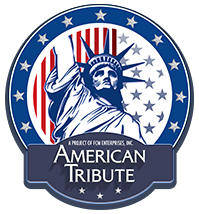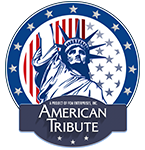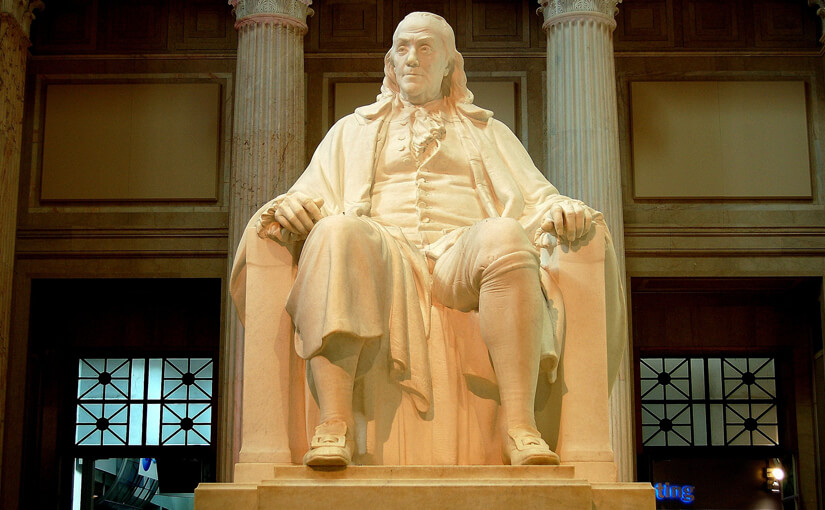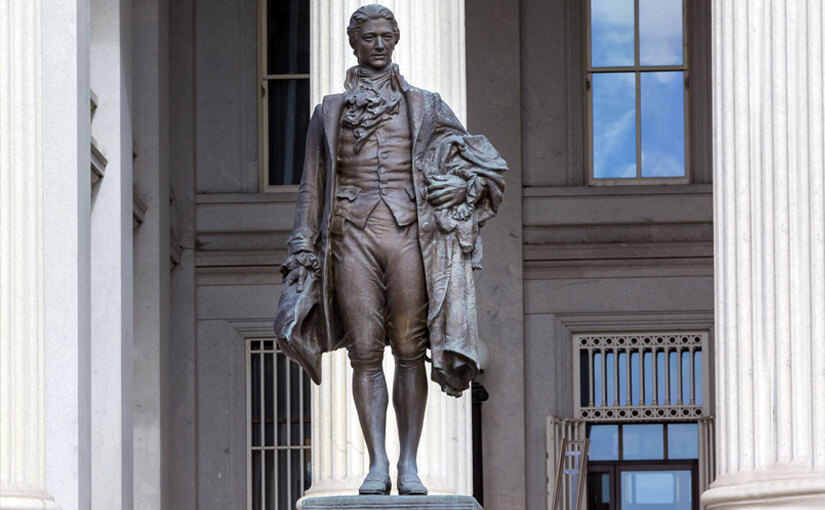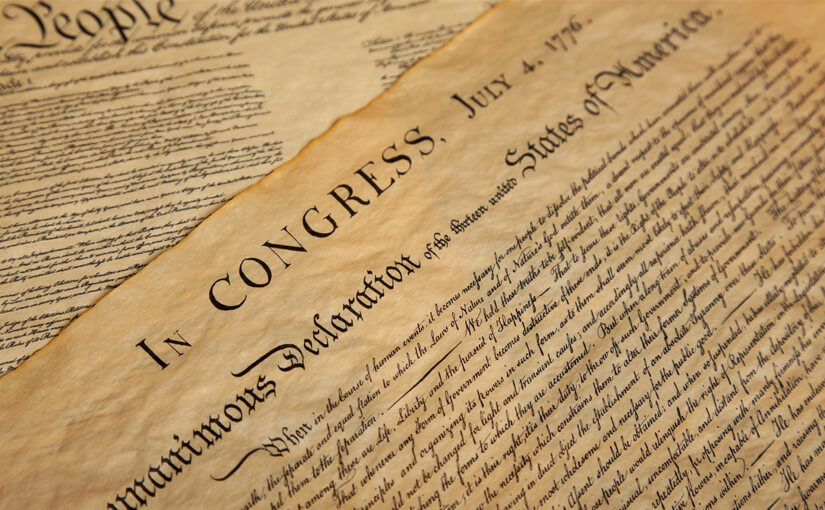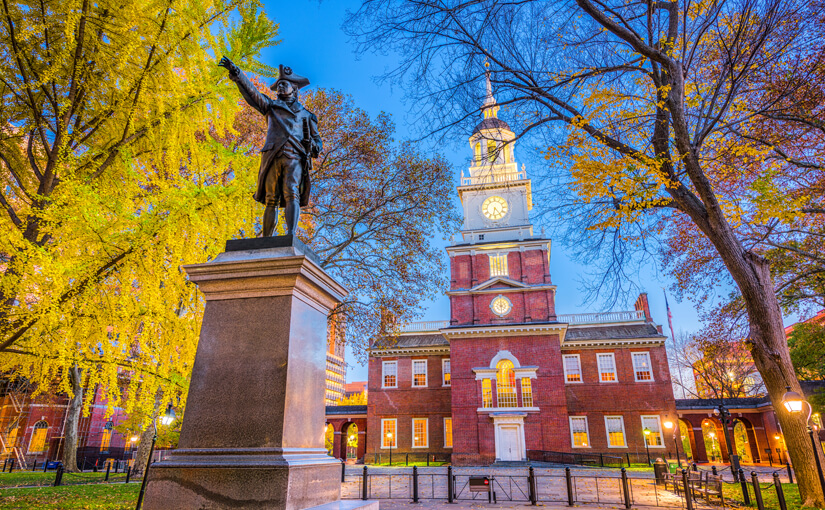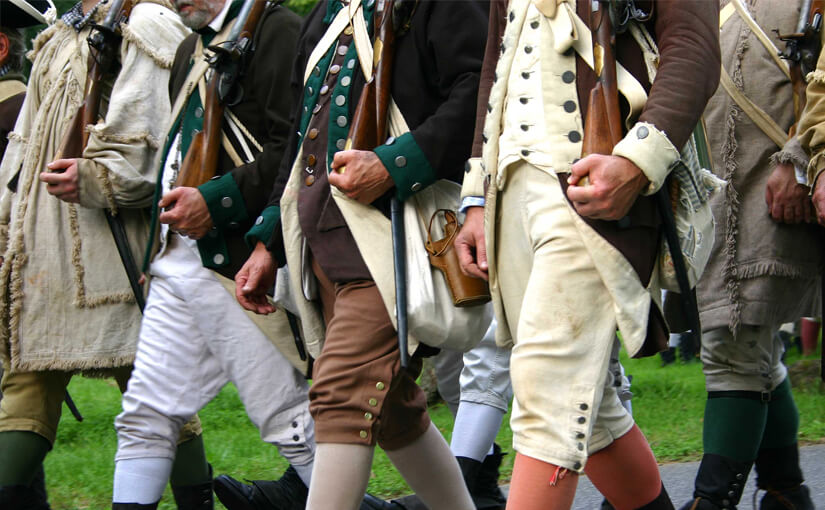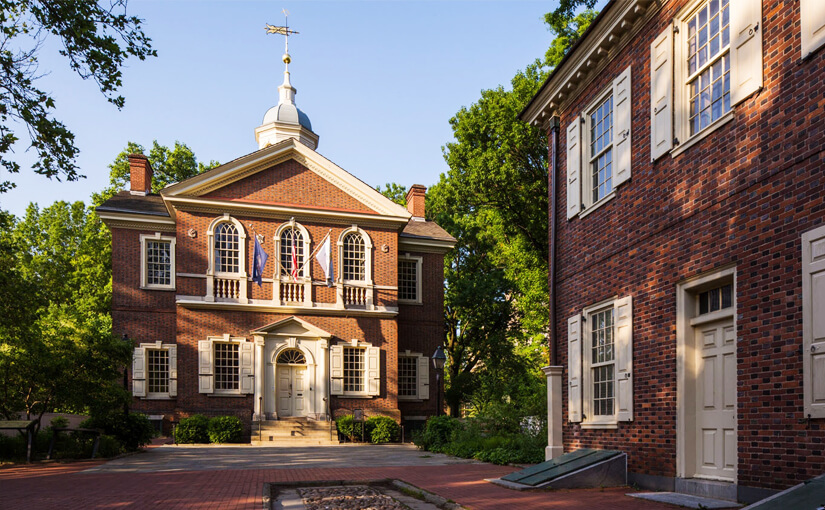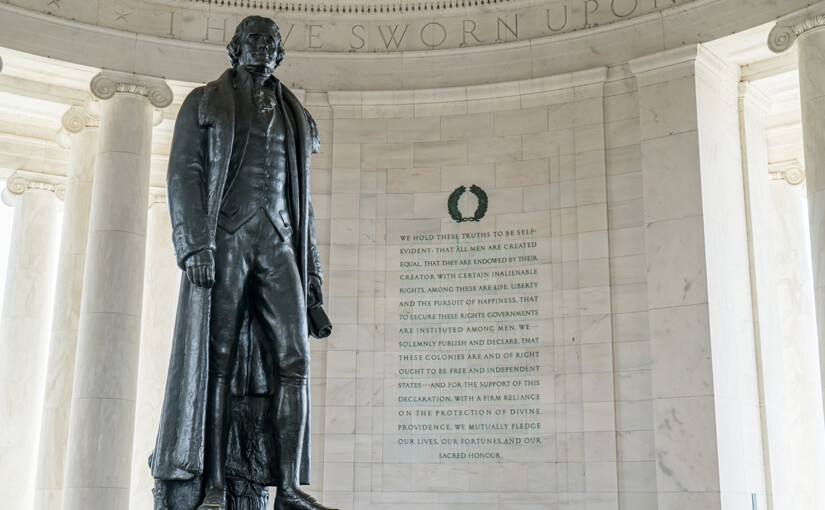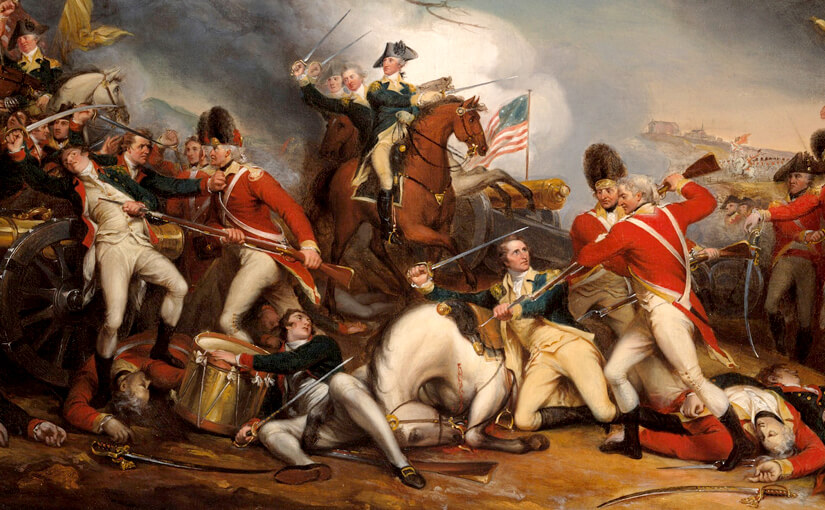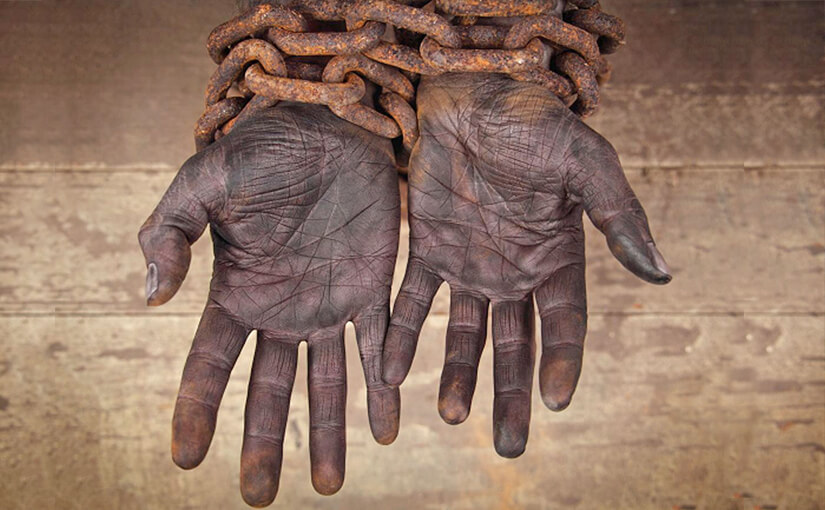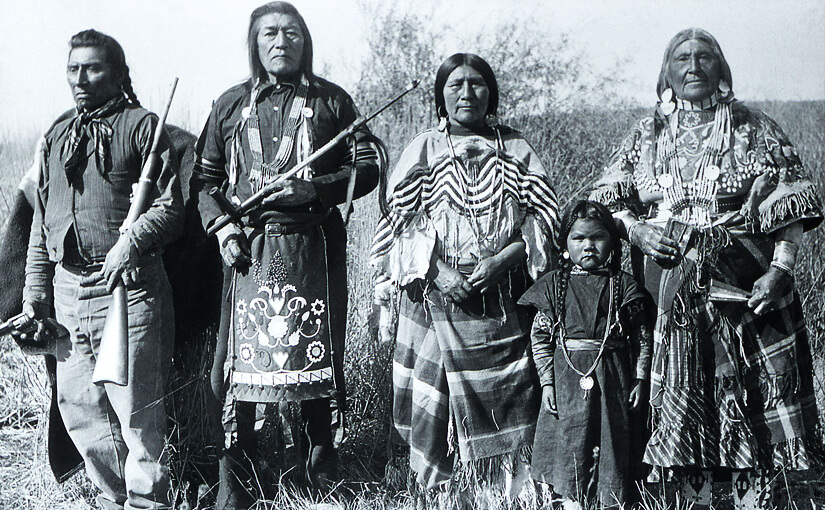- U.S. diplomat
- Oldest member of the Constitutional Convention
- First Postmaster General of the United States
- Writer of “Poor Richard’s Almanac”
- Started the first free libraries
Benjamin Franklin was one of the most influential Founding Fathers of the United States. He was the oldest delegate to the Constitutional Convention and one of the signers of the U.S. Constitution.
He was a printer, author, politician, diplomat, and inventor. By his mid-20s, he was an accomplished printer, and he began writing books and papers. Franklin’s most famous publication was Poor Richard’s Almanac.
He also organized America’s first library. Its members loaned books to one another. He was very active in colonial politics. He also visited England and France many times as a U.S. diplomat. In 1775, the Second Continental Congress appointed Franklin the first postmaster general.
** As you prepare for U.S. citizenship, Learn About the United States: Quick Civics Lessons will help you study for the civics and English portions of the naturalization interview. There are 100 civics (history and government) questions on the naturalization test. During your naturalization interview, you will be asked up to 10 questions from the list of 100 questions. You must answer correctly six (6) of the 10 questions to pass the civics test.
